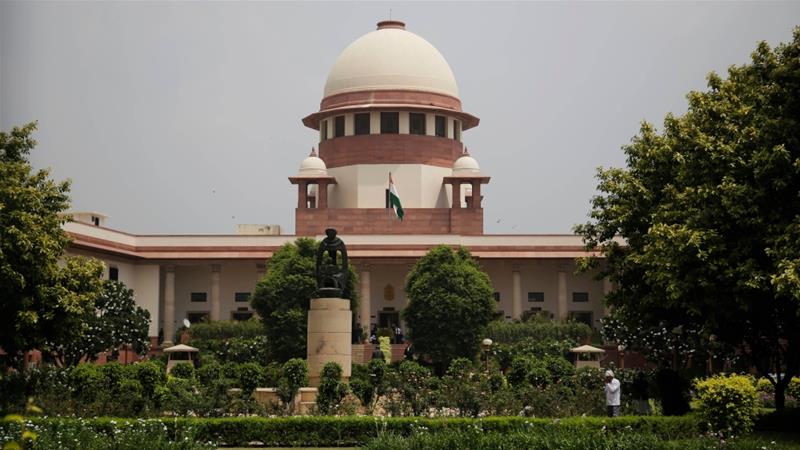The Supreme Court on Thursday said the finality of death sentence is extremely important and a convict should not be under the impression, as recent events indicate, that it remains open-ended, which leads to its questioning. "Sentence must be proportionate to the crime," the court held.
This observation from the top court is bound to have significance on cases where convicts have been sentenced to death, including the four death row convicts in Nirbhaya gangrape and murder case.
It came as the SC heard the review petitions by Shabnam and Salim, who have been sentenced to death for murdering her father and six other family members, including a 10-month-old infant, for opposing the couple's relationship. The top court had upheld their death sentence in 2015.
A bench, headed by Chief Justice S.A. Bobde and comprising Justices S.A. Nazeer and Sanjiv Khanna, said it is believed that every criminal is said to have an innocent heart, however, the court has to look into the crime also as they heard the pleas of the convicts' counsel for a relook at the sentence, as they have reformed positively after their conviction.
The bench queried senior advocates Anand Grover and Meenakshi Arora whether the courts could consider the good behavior of convicts after the sentencing.
The Chief Justice said it is difficult to accept the degree of reform introduced in their behaviour should be considered as a mitigating factor in this case.
"This argument will have consequences beyond this case," he said.
"We are doing justice on behalf of the society and the victims. We cannot forgive a convict who has been convicted because there is a law, which deals with a criminal."
The court observed that if such an argument -- on taking into consideration the reformation of the convicts after conviction -- is accepted, then no death penalty can be carried out. "The convicts will say we have reformed and we can come out," it said.
The Chief Justice also made a strong observation on protecting victims' rights.
"We don't want to focus or emphasize only on the rights of accused in a case where seven people including a 10-month-old baby was murdered," he said.
"Can a death row convict, once he mends his ways and reforms after conviction be spared the execution of the sentence," said the court reserving the order on the review petition filed by two convicts.
On April 15, 2008, Shabnam's entire family was murdered and she pretended that some unidentified assailants had attacked them. The investigation found that Shabnam, in collusion with Salim, made her family members drink milk laced with sedatives before the attack and thereafter, she strangulated her ten-month-old nephew.
A trial court had sentenced them to death and the Allahabad High Court had confirmed the death sentence in 2010.

